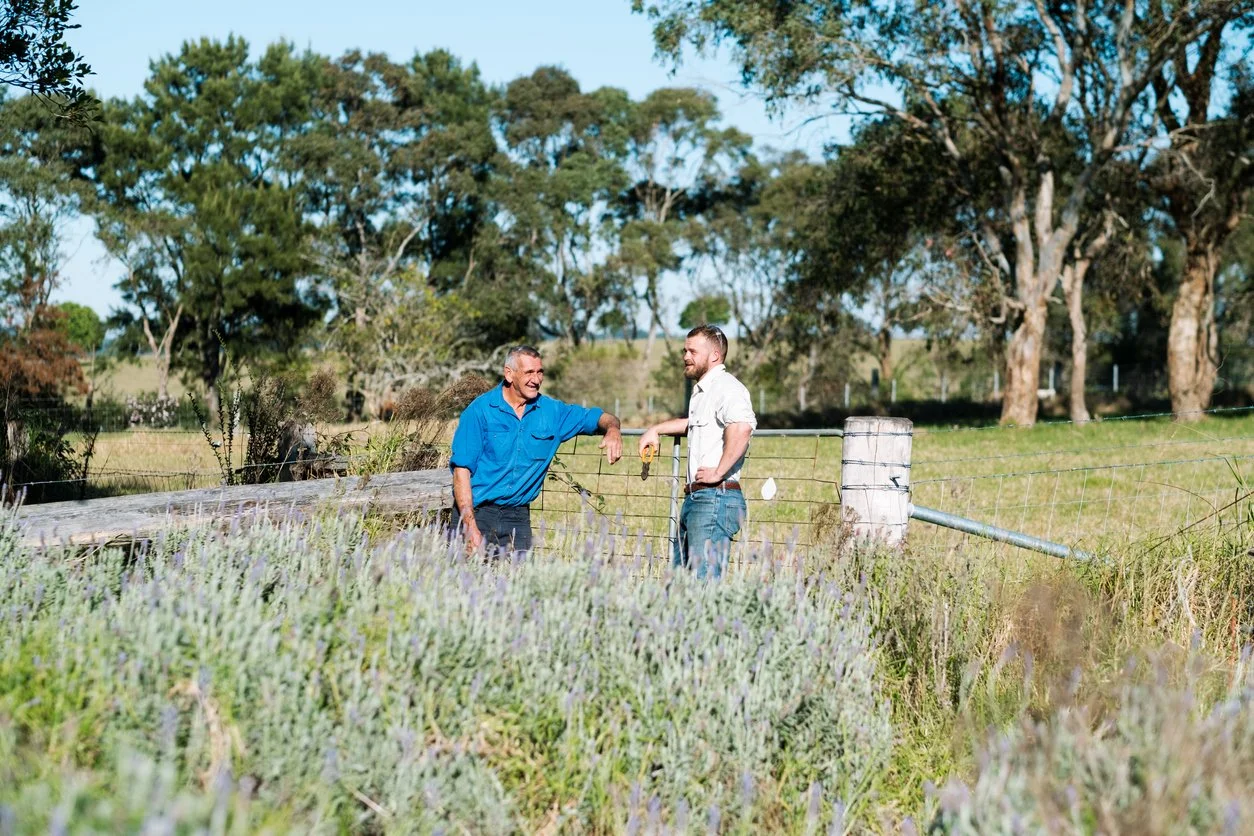Understanding PTSD in Veterans
PTSD is a mental health condition that can develop after experiencing or witnessing potentially traumatic events, such as through combat, accident, or life-threatening situations.
Veterans may develop Post-Traumatic Stress Disorder (PTSD) because of critical incidents experienced during military service.
PTSD can profoundly impact an individual's life, affecting mental and physical well-being, relationships, and daily routines.
For veterans affected by PTSD, symptoms may vary widely. Some may experience flashbacks or difficulty sleeping, while others might struggle with feelings of detachment or increased alertness.
Breaking the Stigma Around PTSD
For many veterans, seeking help for PTSD can feel challenging due to the stigma surrounding mental health.
Misconceptions about PTSD can create a sense of isolation or reluctance to reach out for support. By understanding and addressing these misconceptions, we can help reduce stigma and promote talking openly about mental health in the veteran community.
Encouraging open conversations and providing accurate information about PTSD can help veterans feel supported and understood.
Family members, friends, and the broader community play a crucial role in offering this support.
Did you Know?
Research indicates that approximately 8% of currently serving Australian Defence Force (ADF) members and 17.7% of ex-serving members report symptoms of PTSD in any 12-month period, compared to 5.7% in the general Australian population.
Source: Department of Veterans’ Affairs
Symptoms of PTSD
PTSD affects each veteran differently, but symptoms often appear in four main categories:
Re-experiencing the trauma
Avoidance and numbing behaviours
Changes in mood and loss of interest in activities
Increased arousal such as changes in sleep, memory, feeling on edge or being hypervigilant
For further details on PTSD symptoms and professional support options, veterans and families are encouraged to visit Open Arms – Veterans & Families Counselling, a service dedicated to providing counselling and resources tailored to veterans.
Treatment Options for PTSD
Effective treatment can help veterans manage PTSD symptoms and improve quality of life. Common options include:
Talk to your GP
Psychological therapies
Medications
Services like Open Arms – Veterans & Families Counselling offer free, confidential counselling and peer support specifically for veterans and their families.
At Provocatus, we are committed to supporting veterans through our dedicated programs.
The Veteran Access Scheme ™ connects veterans with specialised healthcare providers to ensure they receive the best care possible.
Central to this program are the Four Pillars of Care – Medication, Appliances, Clinical Wellness and Health Education.
“As a veteran, I have found the team at Provocatus to be empathetic and understanding of my issues. They have great knowledge of the DVA and have made the process very easy and stress free. Provocatus has made a massive difference to my life and I can’t recommend them enough.”
For a more personalised approach, consider booking an appointment with our in-house psychologist, Beth Masling, who can help veteran’s with skills to manage their mental health and wellbeing.
As a veteran-owned and operated company, we understand firsthand the profound impact a mental health diagnosis can have on you and your family.
Get in touch with us to discuss your options and take the first step toward a healthier future.
Key Mental Health Care Resources for Veterans
Help is available. For immediate support, these contacts are available 24/7:
Lifeline: 13 11 14
Open Arms – Veterans & Families Counselling: 1800 011 046
Suicide Call Back Service: 1300 659 467
Lifeline Australia: 24/7 crisis support for anyone in emotional distress. Veterans can call 13 11 14. Visit Lifeline
Open Arms – Veterans & Families Counselling: A free, confidential service providing 24/7 counselling, group programs, and workshops for veterans and their families. Visit Open Arms
Other support options:
Phoenix Australia – Centre for Posttraumatic Mental Health: Provides research-based resources and PTSD treatment guidelines tailored to veterans. Visit Phoenix Australia
Beyond Blue: National support for anxiety, depression, and suicide prevention, available 24/7 at 1300 22 4636. Visit Beyond Blue
Head to Health: Australian Government resource connecting individuals to digital mental health services, apps, and forums. Visit Head to Health
Department of Veterans' Affairs (DVA):
Non-Liability Health Care (NLHC): Free treatment for any mental health condition, regardless of service relation.
Mental Health Support Services: Offers counselling, assistance dogs, and self-help tools.
Australian Defence Force (ADF) Mental Health Programs: Offers mental health support, resilience training, and post-deployment programs for serving members. Learn more
Learn More About PTSD and Mental Health: For additional information on PTSD and mental health, explore resources from the Department of Veterans' Affairs and Healthdirect Australia.



